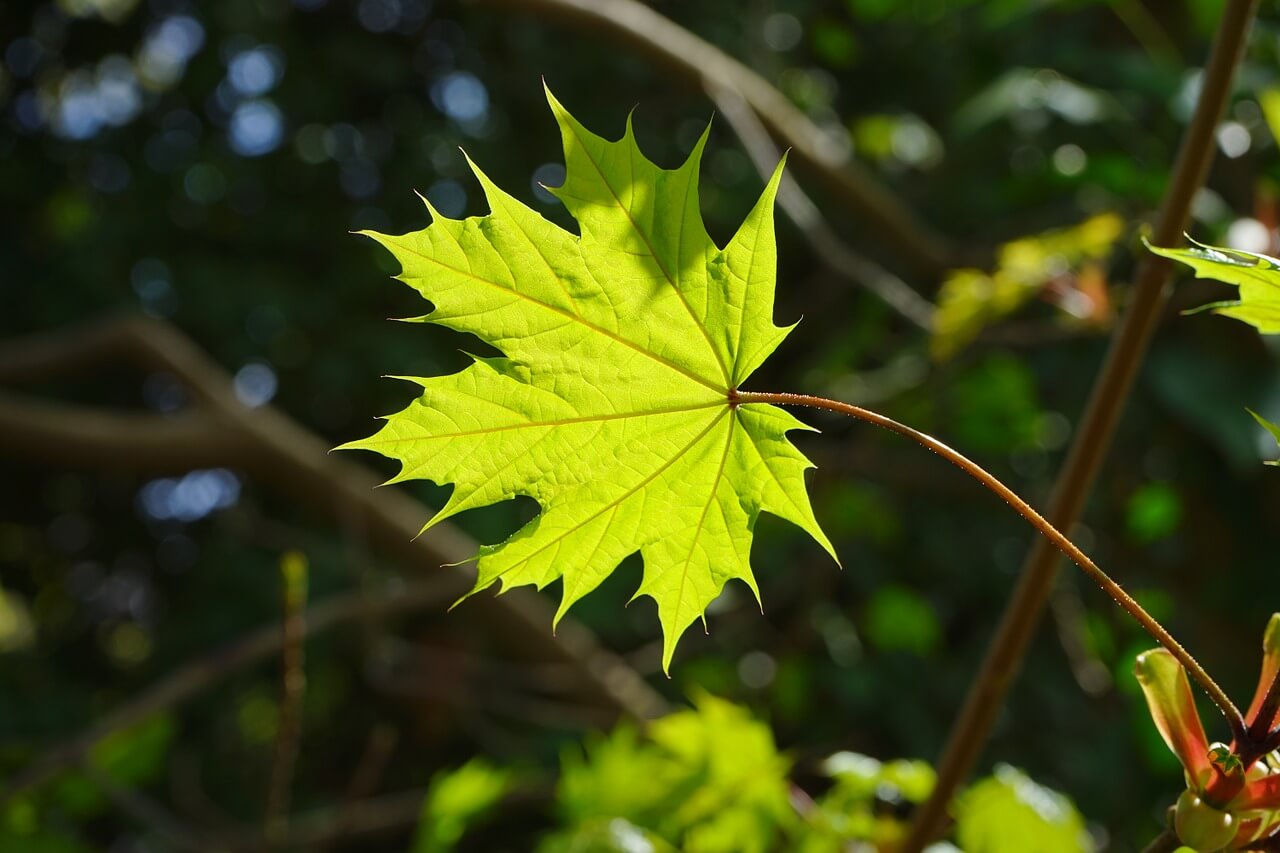Now that we are in the middle of July and the outdoor temperatures have become significantly higher, changes are of course needed in terms of your landscape management. With a second application of aphid and mite for your shrubs and trees, landscapers have to now consider being vigilant against spider mites and Japanese beetles because these insects become quite active during this period of the season. The Japanese beetles have reached their adult stage and landscapers must apply a variety of treatment methods to keep them at bay.
Small Pests
What are spider mites? These small pests love the idea of drinking the sap of your plants. They take their attack to the underside of your plant’s leaves and suck the daylight out of the plant, creating noticeably large infestations that may destroy your plant. Once you notice the infestation, it is then time to put your landscaper to work in an effort to eradicate these insects.
Two Spotted Spider Mites
While spider mites may get under the leaves of your plant, they will also eat up the sides of your flowers and leaves. Ultimately, the spider mites will eat until they make holes through the leaves themselves, subsequently causing infestation. The two-spotted spider mite has a reputation of infesting more than a hundred different plant species. As a property owner, you need to be aware of this.
The Methods
It is important that the plants outdoors are sprayed with a hose. All infested plants must be watered with a high pressured water hose, specifically targeting the underside of the plant’s leaves. This method should aid in washing away the spider mites. However, there are several commercial miticides available if you are looking for another way to rid your plants of those spider mites. Many of these miticides have natural ingredients that won’t ultimately harm your plants. There are particular products that help to kill leaf eaters. Most are very safe to use and can even be pleasant smelling.
The Japanese Beetle
The most destructive pest that can be found during the summer on urban landscape plants is the Japanese beetle. The rainfall from the mid-summer rains coupled with sufficient soil moisture will prevent newly-hatched eggs and grubs from being dried out. The female beetles are drawn towards the moisture of the grass where they go to lay eggs. For that reason, irrigated lawns will have a higher population of grub. This is especially true during the drier summer months. During the drought when the earth has less moisture, older grubs tend to be found deeper in the soil. Most grubs from the Japanese beetle species are able to withstand a great deal of soil moisture. Therefore, heavy lawn watering or excessive rainfall is no bother to them.
Avoiding Damage
As pests chew the grass roots, it is harder for the grass to effectively take up sufficient water in order to withstand the stresses caused by a hot and dry summer. This causes vast dead patches to grow in an area infested by Japanese beetle grubs. Early detection of this problem could prevent further destruction. To avoid those summer battles with Japanese beetle grubs, choose your plant species carefully. The plants prone to being destroyed by these grubs include the Japanese maple, sassafras, roses, and Norway maple. If you can, remove the beetles with your hands when they are low in number. You could also try to shake them off the plant during the early hours of the morning since this is when they are most sluggish. You can set traps for these beetles too using bait – but it is best to let your Denver landscaping professionals assess the situation and determine the best course of action.
To reduce damage to your landscape and plants, it is always best to hire a landscape professional. Contact the experts at American Arbor Care for all things tree and plant health services in Denver to discuss your needs or call for a free consultation at 303-639-8584.

